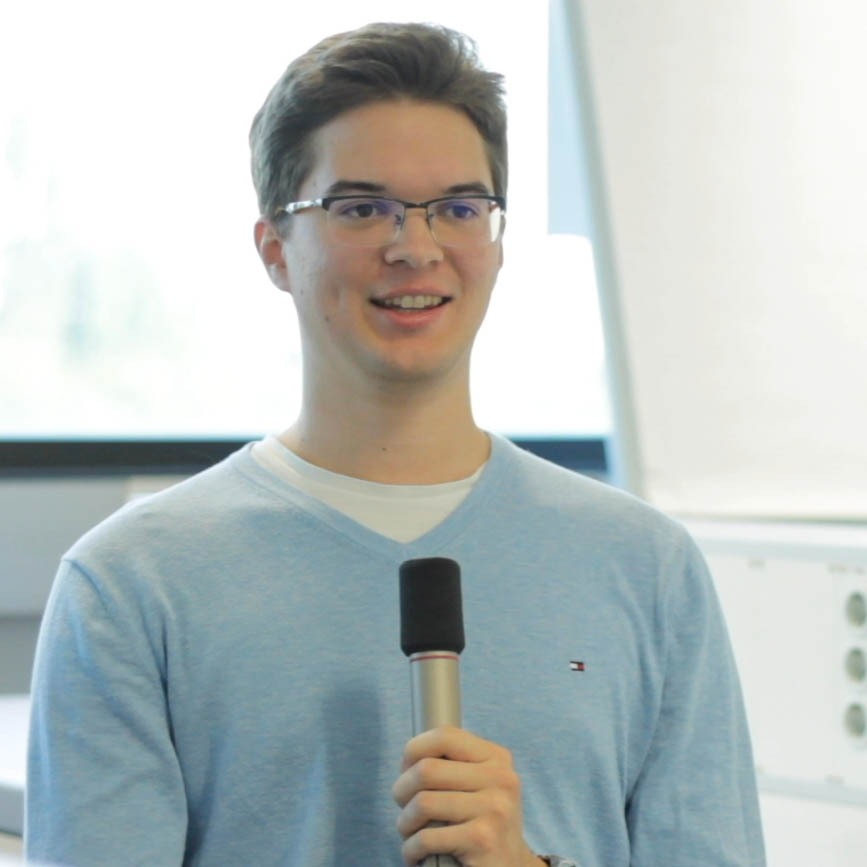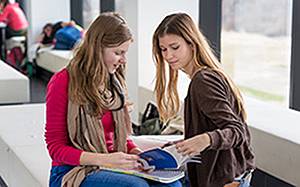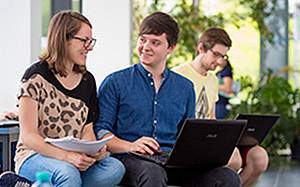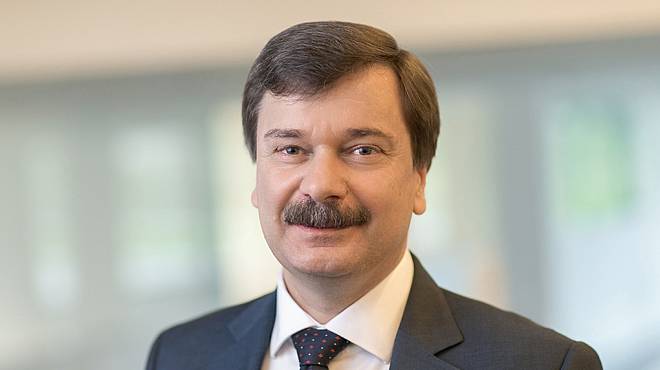With the Master's degree program Computer Engineering, you are opting for a program that combines the core topics of electronics, computer science, signal processing and communication technologies. The knowledge you acquire will open up many career prospects for you: from building automation, aircraft and vehicles or the medical field to the monitoring and control of industrial processes. Our top-equipped laboratories, such as the electronics or network laboratory, are always at your disposal so that you can work under real conditions during your studies and thus be optimally prepared for your future professional challenges. We also value your involvement in R&D projects. With your work during the studies, we invite you to help shape the transfer of knowledge between practice and research.
The Master's degree program Computer Engineering focuses on research into industrial image processing applications. Increasingly powerful processors are opening up new and interesting solutions in the automatic evaluation of images from industry and medicine. Together with our scientists, you as a student can actively develop algorithms that enable the reliable and efficient assessment of defects and anomalies.
During the studies, we attach great importance to linking our field of work with other technical disciplines in our department. We work on many interdisciplinary questions and look forward to your collaboration in these areas.








